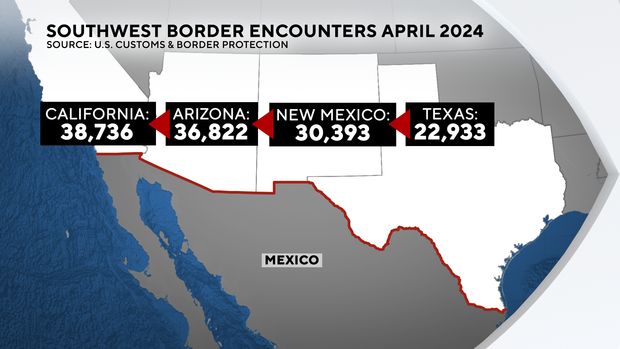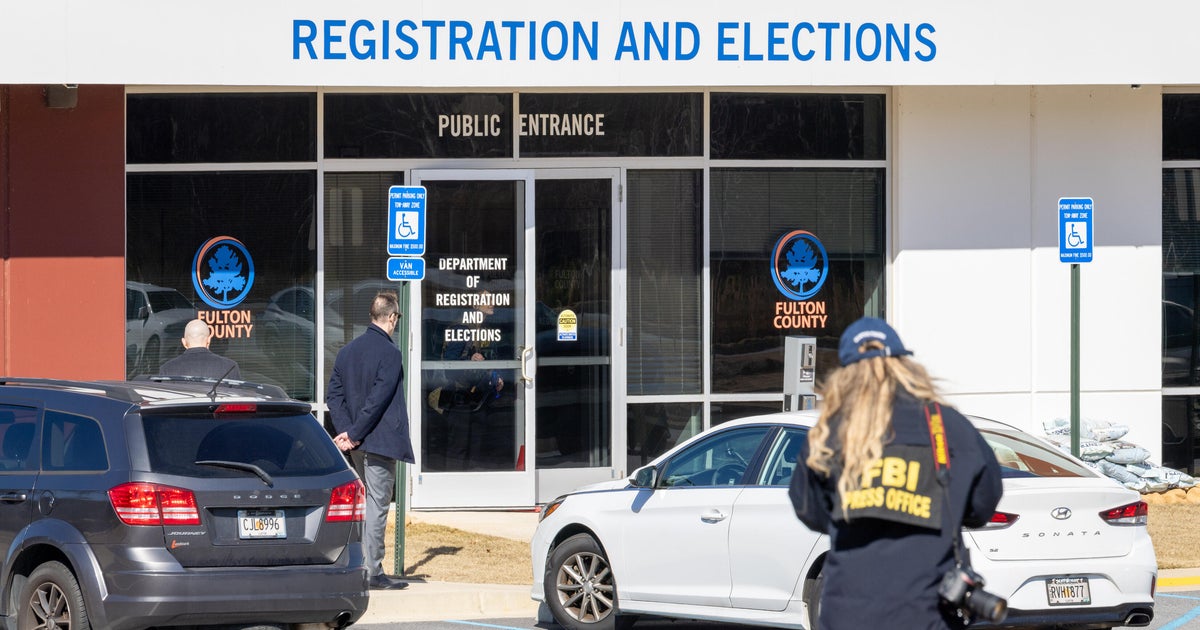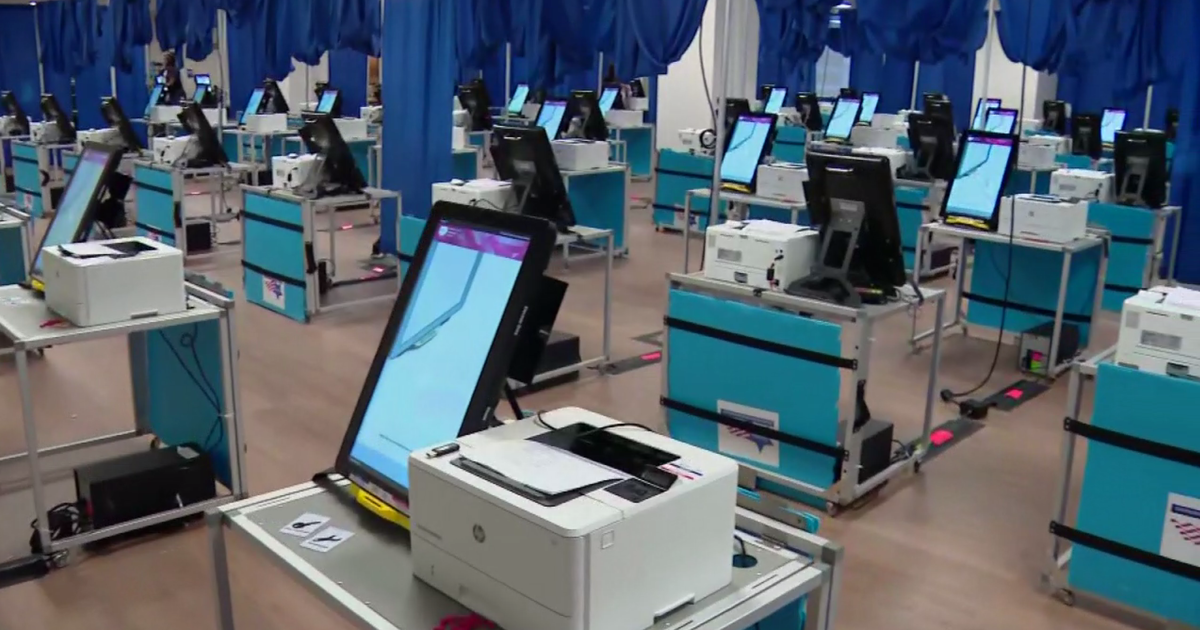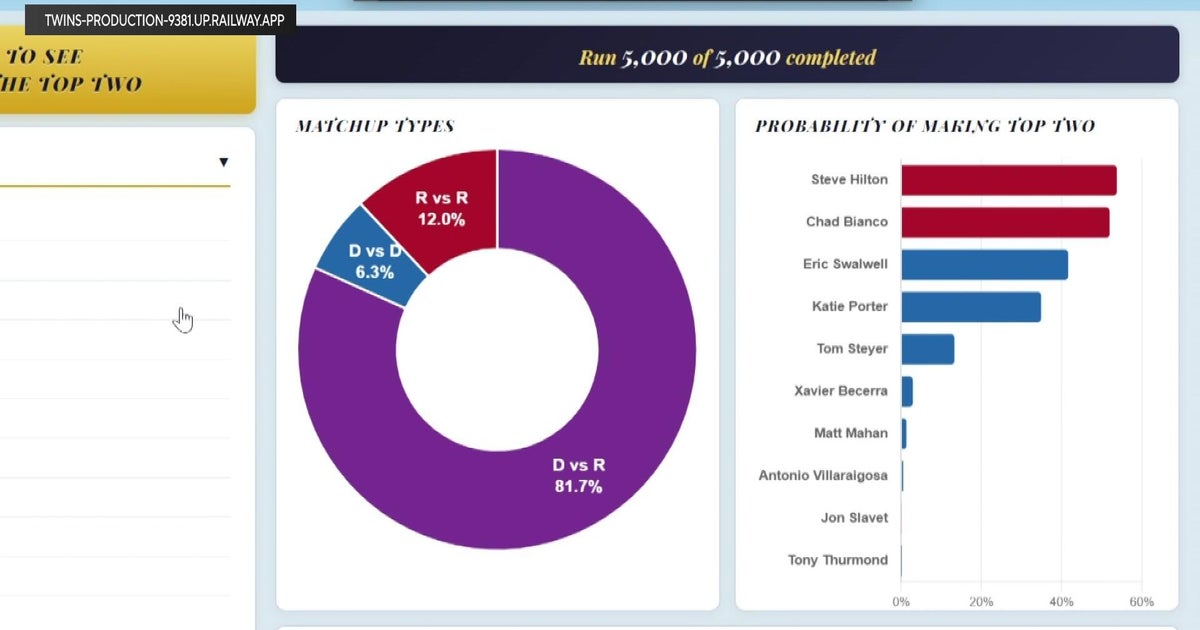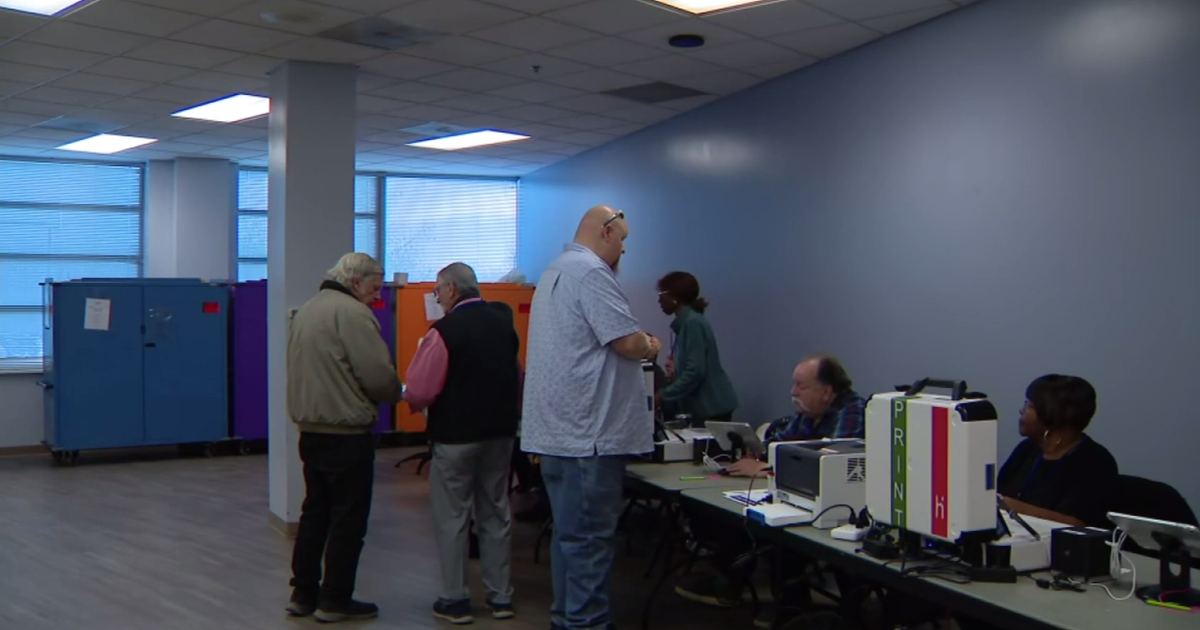How private is your ballot in Texas?
Texans have a constitutional right to keep their vote to themselves, but elections officials admit, in rate cases, the public may be able to figure out how someone voted. Data shows fewer migrants are crossing illegally into Texas than the other three states along the southwest border. And ERCOT says the electric grid's needs will nearly double in six years.
Jack Fink covers these stories and more in the latest edition of Eye on Politics (original air date: June 16).
Ballot secrecy
Just how secret is your ballot?
It's a question that's being asked at the Texas Capitol and across the state. Texas voters have the constitutional right to a secret ballot, but in some rare circumstances, the public may be able to figure out how you voted.
The topic is being discussed after a conservative outlet called Current Revolt published what it said was now former Texas Republican Party Chair Matt Rinaldi's actual ballot. Rinaldi hasn't commented.
This came up in the House Elections Committee hearing this week, and a clerk said this is a legitimate problem.
"That balance that we have sought between transparency and secrecy has now come to a head," said Heather Hawthorne, who's with the County & District Clerks' Association of Texas.
Texas is very transparent about its elections, and last year, a bill was passed to make even more information available to the public.
A person's ballot is not public information, but images of cast ballots are. Here's what else is: who voted, where they live, where their voting precinct is and where they actually voted.
In many counties, people can vote anywhere in their county, not just in their home precinct, both during the early voting period and on Election Day.
While someone can't ask for your ballot specifically, in some cases a person could obtain publicly available data and use the process of elimination to figure out how someone voted.
For example, if you live in Dallas, but you voted in Rowlett, that is tracked. And if you're the only one who did that during an election, your ballot could be identified. In another example, if you're one of only a few who voted in a precinct, and everyone voted the same way for a particular race, people can figure out how you voted.
So, what's the solution?
Ten days ago, both the Secretary of State's Office and the Attorney General's Office both put out statements telling county elections officials they need to redact personally-identifiable information on ballots. Officials say a recent opinion from the Attorney General's Office spelled this out.
Since this all became public, one short-term solution is that counties will no longer release where you actually voted. That will make it more difficult to track how you voted and your ballot. The Director at the Secretary of State's Office also suggested elections administrators could also take results in low turnout voter precincts and combine them with results from larger precincts.
New trend
Federal stats show the number of migrants crossing into Texas illegally has dropped below the three other states along the southern border.
Last week, the Texas Senate Border Security Committee held a hearing to get an update on the state's Operation Lone Star at the border, and this new trend came up for discussion.
"You're seeing cross-border deaths down, you're seeing the traffic move west because they're following the path of least resistance," Texas Border Czar Mike Banks testified during the hearing.
In December 2022, Texas accounted for about 60% of all illegal border crossings at the southern border, or 130,000 migrants. In January of this year, that percentage was down to 29%, or 36,000 migrants.
The state's Operation Lone Star has cost Texas taxpayers $11 billion.
"We will be redoubling our efforts to add more miles of razor wire, more wires of wall, more National Guard," Gov. Greg Abbott said about next steps in a recent interview with CBS News Texas. "We will have more soldiers to make sure there is no more illegal entry into our state."
Here's what's on the ground already: Texas has put up 72 miles of commercial grade fencing, 133 miles of concertina wire barricade and 30 miles of anti-climb fencing. '
Gov. Abbott recently showed off the state's new Forward Operating Base in Eagle Pass, which will ultimately house 1,800 National Guard troops. It will have 95 buildings on its 80-acre site. The first 300 troops moved in May 31, and the second phase took place in the past several days when another 300 moved in. In all, there will be six phases.
Last week's border hearing came one week after President Joe Biden signed an executive order restricting asylum at the southern border.
Demand for power
At another hearing this past week at the Texas Capitol, ERCOT told state senators the number of megawatts needed to keep up growth will need to expand in a big way in the next five years.
Right now, ERCOT has a load capacity of 85,000 megawatts. In the initial plan from last year, the grid regulator forecast the load capacity would need to grow to 110,000 megawatts in five years. Under the new plan outlined by ERCOT CEO Pablo Vegas, that number needs to grow to 150,000 megawatts.
During the hearing at the Texas Capitol, Vegas explained why the state will need an extra 40-thousand megawatts to meet peak demand in five years.
"The Permian Basin alone reflects about 24 gigawatts of that growth," Vegas said. "To put that into context, that's about the size of the Houston coastal region of the state of Texas."
Vegas said about half of that is electrification in oil and gas and the other half is a combination of green hydrogen, data center, cryptocurrency and other traditional industrial businesses.
In a post on X, Lt. Gov. Dan Patrick called Vegas' comments "shocking".
Patrick pushed for a constitutional amendment that voters approved last year creating the Texas Energy Fund. The state would provide more than $7 billion in subsidies for private companies to build new natural gas-powered plants to generate the additional gigawatts needed to meet the expected power demand. The state says there are 125 projects worth $39 billion that would produce 56 gigawatts. These projects will now move to the formal application phase. Lawmakers may approve another $5 billion in subsidies because of the newly projected growth.
